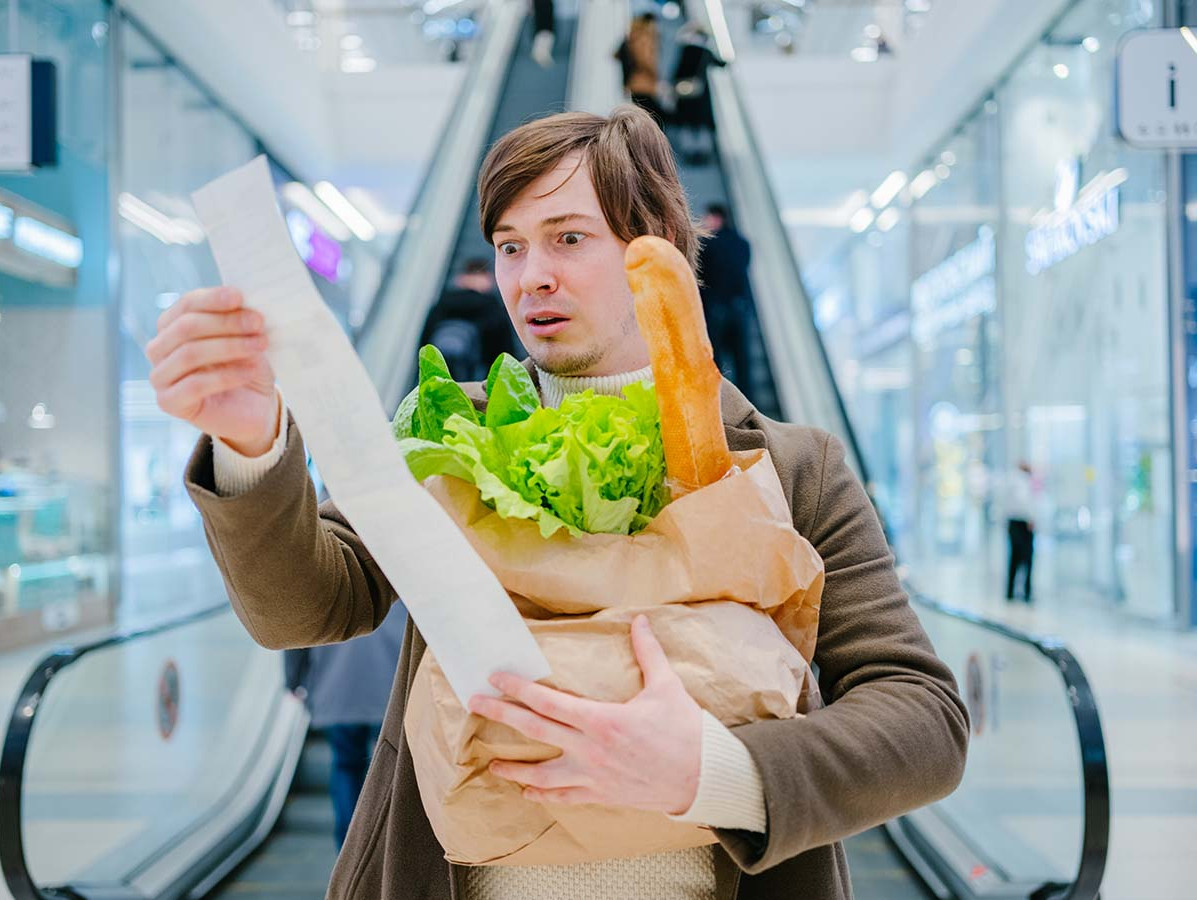
Supermarkets have long felt the limitations imposed by TSCs on free purchasing within the EU. This leads to higher prices for everyday groceries in the Netherlands compared to other EU countries. Consequently, some products become hard to obtain or are not available at all for Dutch consumers.
The Central Bureau for Food Trade (CBL) has positively acknowledged a recent study on territorial supply constraints (TSCs) in the Netherlands. Conducted by Ecorys on behalf of the Ministry of Economic Affairs and Climate, this study sheds light on the impact of TSCs on the Dutch market. Prior research by the European Commission indicated that TSCs cost European consumers over 14 billion euros annually.
CBL stresses the importance of the government examining this issue. Thirty years post the establishment of the European market, it's clear that it's not functioning optimally. TSCs result in higher consumer prices, limited product range, and increased manufacturer profit margins.
CBL underscores the need for European measures to eliminate TSCs. A key proposal is the introduction of a Business-to-Business (B2B) Geoblocking Regulation. This would forbid discrimination by manufacturers based on the location of retailers within the EU. Another step is mandating 'EU-proof' labels, complying with the requirements of all EU member states, simplifying the process of selling products across Europe. These proposals are elaborated in CBL’s position paper.
CBL urges the Dutch government to lobby the European Commission for legislation against geoblocking and the harmonization of labeling requirements. The Netherlands can take a leading role by removing national trade barriers.
With the European elections approaching next year, CBL calls on all European political parties. Marc Jansen, director of CBL, emphasizes the importance of including a ban on TSCs in their election manifestos. This would bring more cohesion to the European internal market after thirty years.
Photo: ©shutterstock.com/PERO studio
Source: CBL